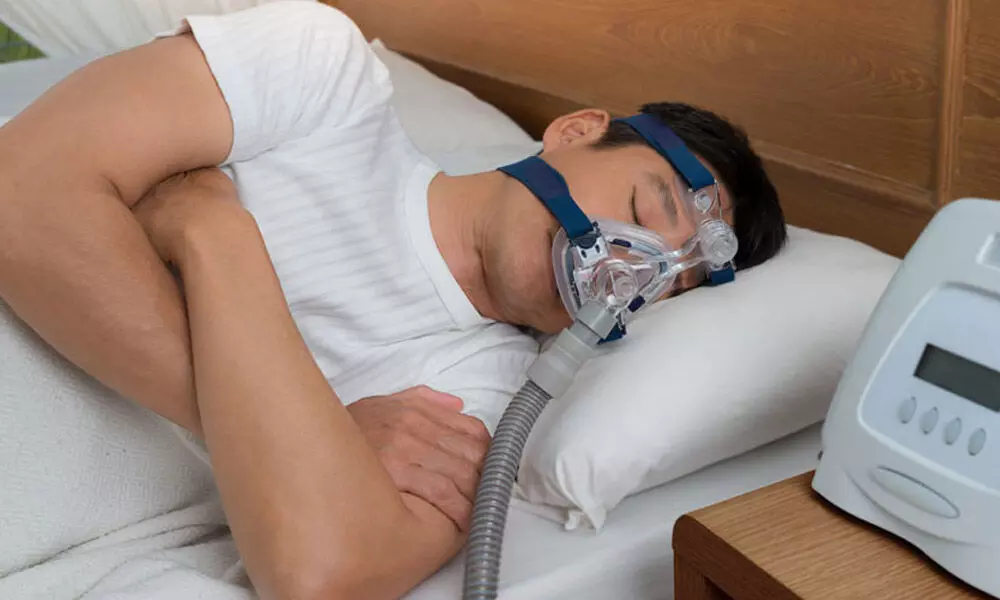Snoring happens when the tissues in your mouth, nose, or throat vibrate as you breathe during sleep. These tissues relax while you sleep, and air moving past them causes the snoring sound. For those with chronic snoring, exploring sleep apnea treatment oregon options can help identify and address underlying causes. If your airway becomes narrower, air moves faster, causing more vibration and louder snoring.
Several factors can make snoring more likely, including:
- Being overweight
- Drinking alcohol or taking sedatives
- Smoking
- Sleeping on your back
- Nasal congestion or blockages
- Nasal polyps (small growths inside the nose)
- A deviated septum
- An underactive thyroid
- Swollen tonsils or throat tissues
What Is Sleep Apnea?
Sleep apnea is a sleep disorder where your breathing stops or slows down while you sleep. The most common type is obstructive sleep apnea (OSA), which happens when the tissues around the upper airway narrow or block airflow. This reduces oxygen in your blood and causes brief awakenings so you can start breathing again. People with OSA can experience this cycle dozens or hundreds of times each night.
Central sleep apnea (CSA) is less common and happens when the brain doesn’t send proper signals to control breathing. Snoring is more closely linked to OSA but can appear in both types.
Snoring vs. Sleep Apnea
Not all snorers have sleep apnea, and not everyone with sleep apnea snores. The key difference is that sleep apnea causes pauses in breathing lasting more than 10 seconds. These pauses reduce oxygen, disturb sleep, and can lead to daytime sleepiness, poor focus, and other health issues. Over time, simple snoring may develop into sleep apnea.
Signs Snoring Could Be Sleep Apnea
You might suspect sleep apnea if you notice these nighttime signs:
- Loud snoring
- Pauses in breathing
- Choking or gasping while asleep
Daytime signs may include:
- Feeling very tired despite enough sleep
- Morning headaches
- Trouble concentrating
- High blood pressure
Children with sleep apnea may show aggression, restlessness, or hyperactivity instead of tiredness.
Treating Snoring and Sleep Apnea
Lifestyle changes can reduce snoring, especially if it isn’t caused by sleep apnea:
- Maintain a healthy weight
- Avoid alcohol and sedatives before bed
- Stop smoking
- Sleep on your side
- Do mouth and throat exercises
- Use an anti-snoring mouthpiece
For moderate or severe OSA, CPAP therapy is often the first-line treatment. This device pumps pressurized air through a mask to keep your airway open, ensuring normal breathing and better sleep.
When to See a Doctor
Consult your doctor if you experience:
- Regular snoring or breathing difficulties during sleep
- Waking unrefreshed even after enough sleep
- Morning headaches
- Difficulty staying awake during the day
- Obesity or rapid weight gain
- Problems with concentration or memory
The only way to confirm sleep apnea is through a sleep study, either in a clinic or at home. These tests track breathing, oxygen levels, and heart rhythms to determine if you have sleep apnea and how severe it is.

